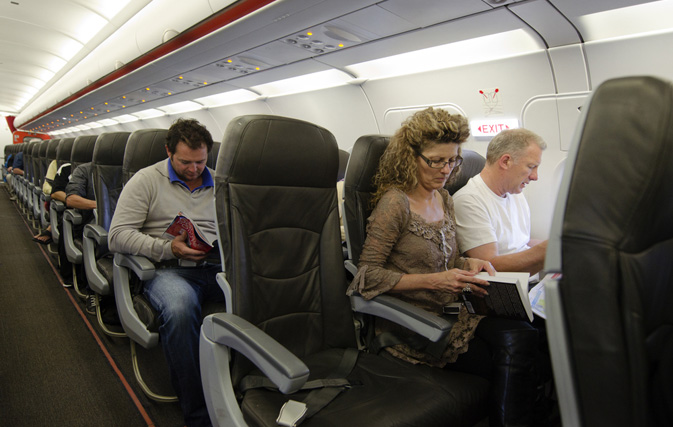MIAMI — With more than 60 countries putting in place passenger rights regulations, the International Air Transport Association (IATA) wants some consistency rather than a confusing range of different policies.
IATA said it is stepping up efforts to engage with stakeholders – governments, travellers and consumer groups – on the important issue of consumer protection. There are now over 60 countries with some form of passenger rights regulations, with more countries considering new rules.
“The growing patchwork of consumer rights regimes is leaving travellers confused when they are subject to multiple different passenger rights regimes at the same time. We need an air transport system that balances the need to protect consumers while allowing the airline industry to compete and innovate,” said Paul Steele, IATA’s Senior Vice President for Member and External Relations.
“Consumer protection is not about winners and losers. Everybody wants the passenger to get to his or her destination safely and on schedule. And in an intensely competitive business such as aviation, when things go wrong, airlines have a natural incentive to keep their customers happy as is the case in any service industry,” said Steele.
“Looking at the nature of some of the regulations being produced, it seems that some governments are ignoring basic commercial principles. And they are producing regulations that do not address the root causes of many travel disruptions. In light of this, IATA and the airlines need to contribute a new perspective to the conversation on consumer protection,” said Steele.
IATA is actively engaging consumer protection bodies around the world in a dialogue aimed at finding a balanced solution. Along with seeking to understand more clearly what governments are hearing from their customers, the industry has produced materials to help governments and travellers better appreciate the issues arising from consumer protection regulations. Among the first materials developed are three postcards exploring the issues of airline punctuality, mishandled baggage and confusing consumer protection regulations.
Airlines have developed a set of core principles for governments to consider when adopting consumer protection regulation. These core principles include:
- Calling for regulations to be clear so that passengers can understand their rights
- Calling on airlines to ensure that their passengers are always kept informed and to establish efficient complaint handling procedures
- Calling for passenger entitlements to be proportional in a situation of service breakdown
- Calling for governments to be consistent when regulating, so that airlines and consumers no longer need to contend with further contradictory passenger rights regimes around the world.


